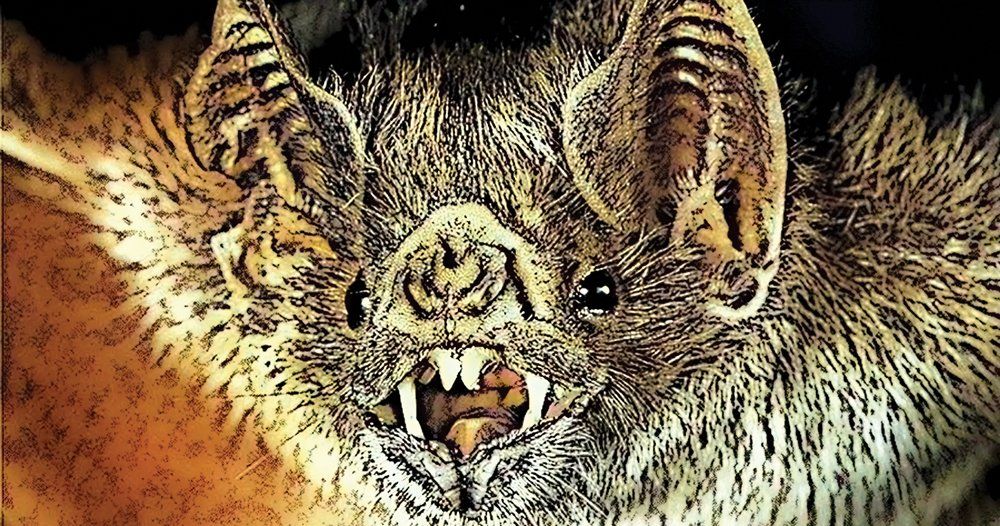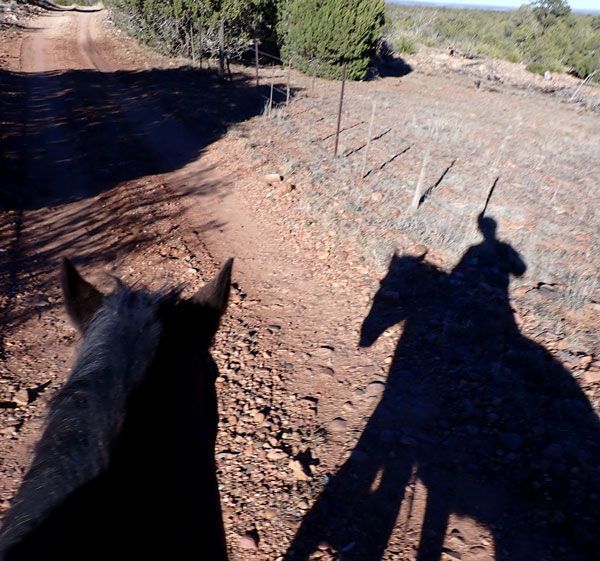Disease carriers or potential cures for disease and getting old...

Halloween is the time that people tend to think of bats and their creepy life histories. And with recent developments, could an animal be any more vilified than being the assumed source of the recent COVID-19 pandemic?
Bats for some people are the worst of any mammal – adding wings to a mouse! Not only can they scurry into the smallest crack but they can fly very well in small confined spaces like your bedroom or living room. On top of that, they are perfectly comfortable flying in pitch dark when we can't see our hands in front of our faces. They could be flying inches in front of our faces and we wouldn't even know it!
So bats are creepy to a lot of people just because they are comfortable in the dark conditions that terrify many of us. But what about all of the reports of bats being the source of the coronavirus pandemic? Did the deadly virus originate in bats or did it just mutate from another coronavirus? Could that be true? Can we get COVID-19 from bats?
The short answer is no. Scientists agree that this virus may have had a close relative that infected bats, but that the virus had to change to become infectious to people, possibly in a critter called a pangolin. On top of that, the actual COVID-19 virus has not been found in any of the world's bat species, even though they are looking intensively. Overwhelming evidence from around the global shows that the virus is now being spread between humans and not other animals.
But what about the stories of bats infecting humans with rabies, Ebola, MERS, SARS, or any other deadly acronym? Unfortunately, these diseases can be passed from bats to humans, but lucky for us White Mountain residents, Ebola outbreaks occur in Africa, Middle East Respiratory Syndrome originated in Saudi Arabia with a few infections in the US, and Severe Acute Respiratory Syndrome is found only in China and 4 neighboring countries.
Luckily rabies is the only significant bat/human issue in our area, but why do bats seem to have the propensity to give humans bad diseases in some other areas?
Bats are known to be repositories of many viruses that don't kill the bats. They are exposed to more bacteria and viruses because they often live together in high densities with other bats and regularly travel long distances, often interacting with other bats along the way. This part of their natural history makes them especially vulnerable to infectious diseases.
So if bats are constantly exposed to deadly viruses and bacteria, how come we don't see mass die-offs of bats? How can bats be carriers and not succumb to these diseases?
Bats' first line of defense against viral infections, like Covid-19, is much like a human's with the initial attack led by the body's own chemical called interferon, attacking the viruses directly. The bats' interferon appears to be much more effective in stopping reproduction of the virus in the body.
Research on bats and birds also shows that the extra stresses and high energies required to maintain flight may be their secret to dealing with the same kind of inflammation and cell damage that happens through bacterial and viral infections, as well as getting older. The constant stress of flying and staying airborne seems to muffle, or deaden and quiet any over-reaction of repair type activities that many times cause more problems than the the virus or bacteria in the first place, since their bodies may be somewhat desensitized to stress. This stress on the body actually helps fight infections more effectively and also prolongs their lives, instead of shortening it.
Animals will try to “flush” a virus or bacteria from the body by producing extra fluids in the area of infections. Unfortunately, sometimes the body will produce so much fluid that we can literally suffocate. Or the body's immune system goes into overdrive working overtime and starts attacking it's own tissues, mistaking them for the invading infection.
Treatments for humans primarily involve minimizing the reaction of our bodies to the infections. It appears that bats and birds have already figured this out. Without getting into too much detail, it seems that flying animals have certain proteins that throttle down the inflammatory response (like internal steroids) as well as being better able to preserve and repair their DNA when their cells constantly divide or mutate, making exact copies to replace worn out cells with brand new young cells.
We all have to copy our DNA and cells many, many times throughout our lives, but for some reason our DNA gradually gets worn down on the tips of the chromosomes or breaks in the middle and starts to have problems giving instructions on how to make new young cells every time. Bats can repair these damages, presumably using enzymes that we might have in our own bodies.
Another interesting fact about bats is their exceptionally long life spans for their size. Most smaller animals have shorter lives, but bats and birds do not seem to follow that rule all the time. So what is their secret to healthy long lives? Can humans benefit from their adaptations?
Bats are able to overwinter when food is scarce by entering into a hibernation-like state of suspended animation where they conserve their body fats and pretty much shut down their metabolism for long periods. It's not likely humans would want to hibernate to extend their lifespans, though.
Some bats also have a small genetic mutation which prevents growth hormones from getting into cells, which in humans provides resistance to cancer and diabetes. Bats also do not lose much of their gut microbiome, or the bacteria that help digest their foods, like humans do when we age. Further studies are needed develop any human treatments but bats may provide a great model.
Besides the ecological benefit of having bats living among us thinning out the bug pest issue, whether it be mosquitoes on the wing or centipedes, cockroaches and crickets on the ground, bats may hold secrets in fighting human diseases that we still have yet to discover. Their long evolution has provided adaptations to a stressful life of flight that spill over to an amazing immune system that can defeat some of the meanest viruses and also lead to a longer and healthier life. So the next time you see a bat fly closely overhead, instead of screaming, just keep a safe distance and try to appreciate another one of Mother Nature's incredible creations.











